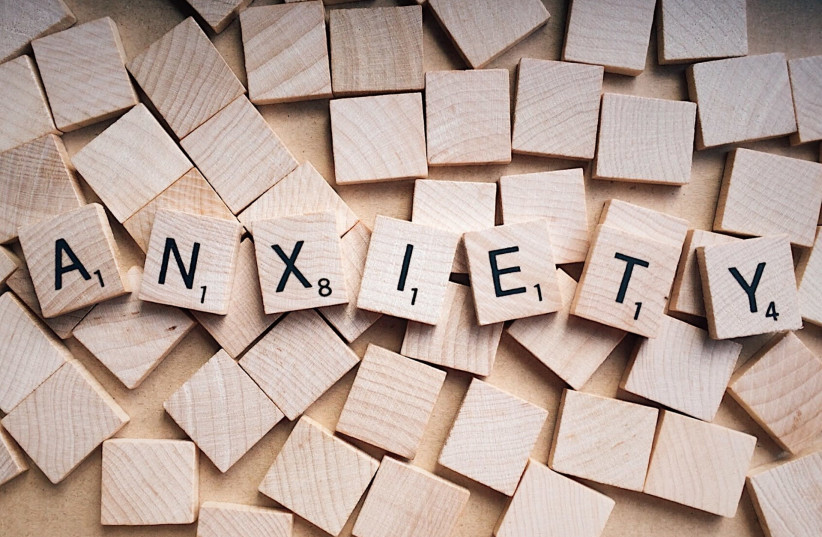A new clinical trial conducted at Tel Aviv University (TAU) has demonstrated an effective technology-driven alternative to psychiatric medications for people with social anxiety. The groundbreaking study found that gaze-contingent music-reward therapy (GC-MART) is as effective in treating social anxiety disorder as selective serotonin reuptake inhibitors (SSRIs), a class of drugs that includes Prozac, Cipralex and Wellbutrin, among many others.
The study found that the treatment developed at TAU relieved symptoms in about half of the participating patients.
The study was led by Prof. Yair Bar-Haim, director of TAU’s Adler Center for Child Development and Psychopathology and the National Center for Traumatic Stress and Resilience.
It was published in the American Journal of Psychiatry under the title “Attention bias modification treatment versus a selective serotonin reuptake inhibitor or waiting list control for social anxiety disorder: a randomized clinical trial.”
Anxiety, medication and CBT
“About 4% to 12% of the population will develop social anxiety disorder at some stage of their lives,” said Bar-Haim. “Quite often, people with this disorder avoid social situations at a heavy interpersonal, professional and economic price. At present, psychiatry and psychology offer sufferers two types of treatment: SSRI drugs, such as Cipralex, and cognitive-behavioral therapy (CBT).”

CBT requires 12 to 20 sessions with a qualified clinical psychologist, social worker or other trained professional, during which symptoms are relieved through gradual exposure to the causes of anxiety. While effective, CBT is a complex treatment necessitating the presence of a highly skilled therapist and requiring patients to face their deepest fears – a requirement that often leads to patients dropping out of treatment.
“Because CBT is demanding, expensive and not readily accessible, many patients turn to medication,” Bar-Haim said.
NOW, RESEARCHERS from TAU have developed a third option, which is quick and easy-to-use, and apparently no less effective than psychiatric drugs. Since the treatment is highly patient-friendly, a much lower dropout rate should be expected.
In the clinical trial, 105 Israeli adults with social anxiety disorder were assigned into three groups: one group treated with SSRI drugs, in this case Cipralex; a second group treated with GC-MART; and a control group. After 10 thirty-minute training sessions, about 50% of the patients provided with the new therapy showed significant improvement in their symptoms – a result similar to the outcome reported for patients who took Cipralex.
“The therapy we developed is based on eye-tracking combined with a musical reward.”
Yair Bar-Haim
“The therapy we developed is based on eye-tracking combined with a musical reward,” Bar-Haim explained. “The patients choose the music they would like to hear – Israeli, classical, hip hop and more – and are shown a simulation of a crowd on a computer screen. Usually, individuals with social anxiety disorder tend to dwell on scowling or threatening facial expressions, quickly picking them out and unable to look away. Consequently, they often interpret the crowd or social situations as hostile, negative or critical.”
People without a social anxiety disorder, on the other hand, prefer to focus on positive or neutral faces in a crowd. In the new therapy, the music chosen by the patient provides positive feedback for a “normal” focus of attention on facial expressions in the crowd presented on the screen. Gradually, through training, a patient’s biased attention is normalized, and symptoms recede.
The medication is even used to treat dogs that have undergone trauma.